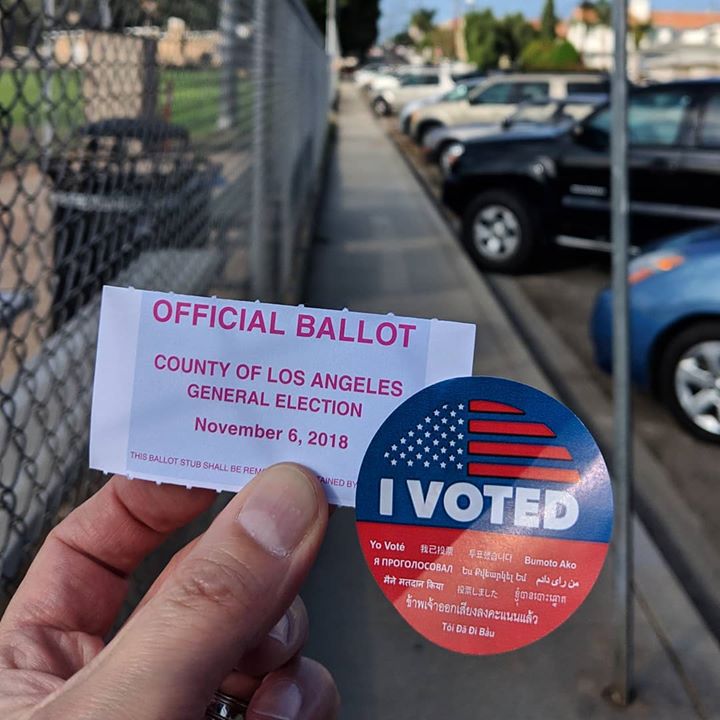“The Senate on Tuesday passed the most sweeping conservation legislation in a decade, protecting millions of acres of land and hundreds of miles of wild rivers across the country…”
It passed the Senate 92-8.
Weirdly, I’m on several environmental groups’ mailing lists and I’ve heard nothing about this bill from them except for one specific aspect of it: The Nature Conservancy has occasionally asked me to contact lawmakers in support of renewing the Land and Water Conservation Fund (both before and after it expired last year). On Wednesday they sent me a notice that the LWCF renewal had passed the Senate and asked me to contact my Representative when it goes to the House.
But they’ve said nothing about any other aspect of the over-600-page bill, which adds over a million new acres of wilderness, prohibits mining near Yellowstone, protects 620 miles of rivers, and expands and adds several national parks and monuments. And I’ve heard nothing at all — no news, no campaigns to support it, or reject it as a trojan horse, or amend it — from any of the other groups I follow.
I guess the fact that it’s non-controversial enough for a conservation bill to pass with over 90% bipartisan support even during this administration means it wasn’t a priority for activism. Especially with all the attacks on environmental protections from the executive branch to tackle on one side, and the Green New Deal to talk about on the other.
